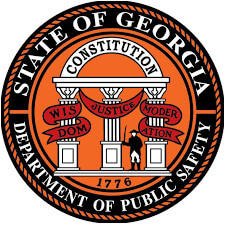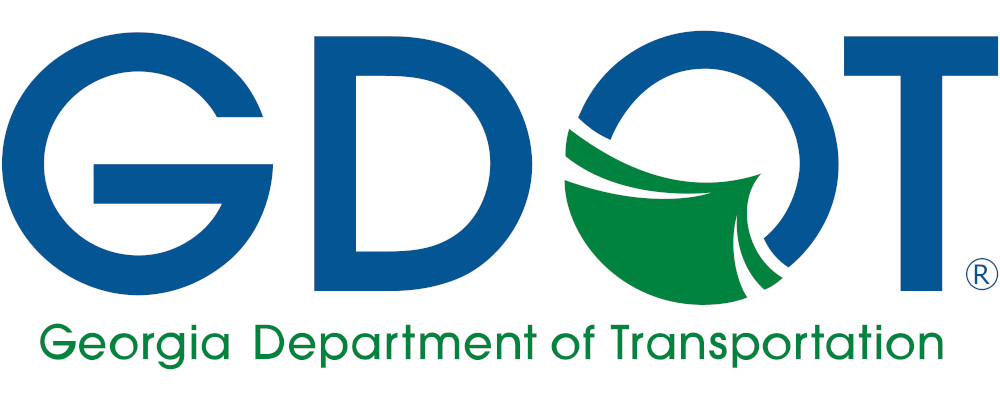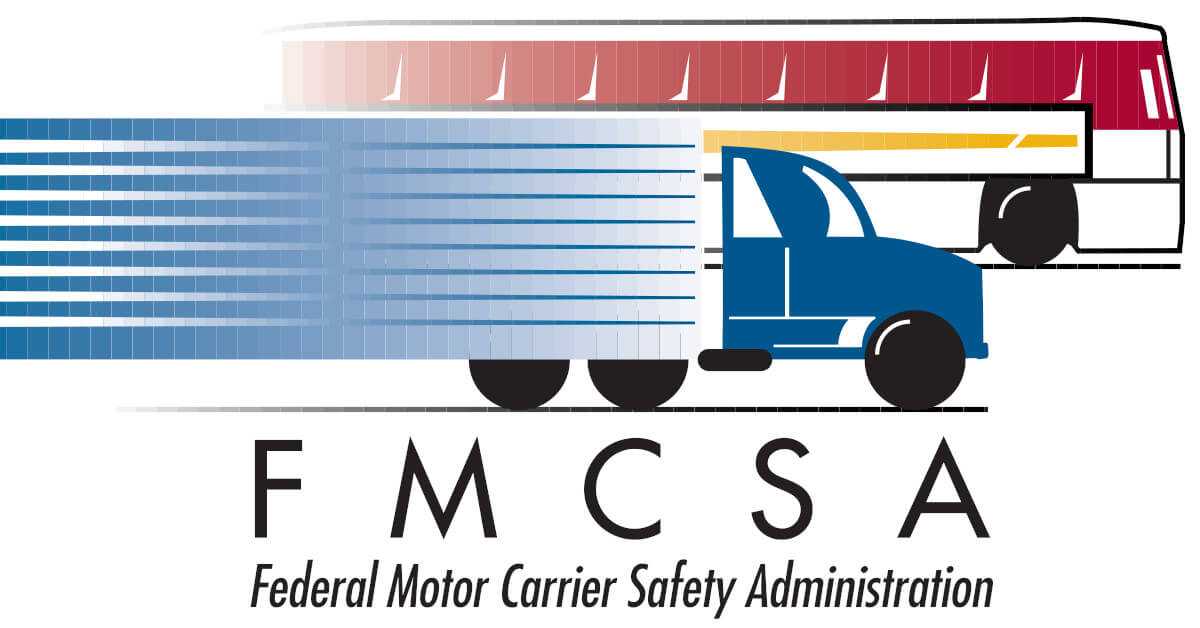
These negligent practices place other motorists at risk for severe injuries and wrongful death in a truck wreck. If your attorney discovers that a truck company and/or driver broke one or more of these laws, then this can be powerful evidence of liability in your truck accident claim.
Truck Accident Attorney Explains Industry Regulations
Georgia’s commercial truck laws are created and enforced by the Georgia Department of Transportation and the Georgia Department of Public Safety. The commercial truck laws in Georgia, as well as every other state, are designed to keep the roadways safe and drivers protected.
Truck accident attorney Katherine McArthur has four decades of experience fighting for victims of negligence. Throughout her career, she has helped many truck crash victims recover multimillion-dollar settlements. She and the team at the McArthur Law Firm can discover the cause of your truck crash and will fight to hold the liable party accountable for your injuries and damages.
What Are The D.O.T. Hours of Service Regulations for Truck Drivers?
Fatigued driving is a leading cause of truck crashes in the United States. Truck drivers may feel pressured by their employers, overtly or otherwise, to stay on the road and deliver as many shipments as they can as quickly as possible. However, drowsy driving can be just as dangerous as drunk driving, especially if truckers fall asleep at the wheel.
To prevent fatigued driving, the Federal Motor Carrier Safety Administration (FMCSA), an agency within the Department of Transportation (DOT), maintains hours of service rules. These dictate how long drivers can operate and how often they must rest. Trucking companies must ensure their drivers abide by the following rules:
- Commercial truckers cannot drive more than 11 hours after taking 10 consecutive hours off duty.
- Commercial truck drivers are forbidden from driving beyond the 14th consecutive hour after coming on duty. Breaks for eating or refueling do not extend the 14-hour period.
- A 30-minute resting period is required for every eight consecutive hours of driving. Commercial truck drivers can perform non-driving duties, such as loading or refueling during this period. The 30-minute break also counts as part of the 14-hour period.
- Truck drivers cannot drive more than 60 hours in 7 consecutive days and 70 hours in 8 consecutive days. This period resets after a driver takes 34 or more consecutive hours off duty.
Truck drivers must keep detailed logs of their hours of service to demonstrate compliance. However, some trucking companies do not accurately report this time. In some cases, this is done on purpose to willfully exceed federal driving hour limits. Digital technologies such as electronic logging devices may help prevent drivers from falsifying logbooks.
What Other Commercial Truck Regulations Apply To Georgia Drivers?
Additional trucking industry regulations address other potential causes of truck crashes. Some states have their own laws, but Georgia uses the same federal interstate regulations required by the FMCSA. These regulations cover medical examinations, drug testing, maintenance requirements, and mobile phone usage. They include:
- Medical Exams: All commercial drivers must undergo a D.O.T. medical examination. The trucking medical examination determines if a person can drive a commercial vehicle. For example, the tests may include tests for conditions such as diabetes or poor vision. The results of the exams are valid for two years and must be updated regularly.
- Texting: The FMCSA defines texting as engaging in any type of electronic text retrieval or entry. This can include instant messaging, emailing, or accessing webpages on a phone or other device. By law, commercial truckers cannot hit more than a single button to terminate or initiate a call using their mobile phones. In fact, drivers can face fines of up to $2,750 for violating this rule. Multiple violations may result in a driver losing his or her commercial license.
- Drug Tests: FMCSA rules require commercial drivers to take drug tests under certain circumstances. For example, trucking companies must drug test commercial drivers before they begin driving. In some cases, drivers must undergo drug testing following crashes that involve other vehicles. Drivers with a blood alcohol content (BAC) of .04 percent or greater can be charged with driving under the influence.
- Load Checks: Drivers must ensure cargo securement devices are working. This can help prevent truck crashes caused by shifting loads.
Other Georgia state laws apply to commercial drivers. For example, commercial truckers cannot drive above the posted speed limit. Drivers can temporarily or permanently lose their CDLs after being convicted of multiple serious traffic violations. Additionally, regulations may be stricter for drivers hauling hazardous materials.
Hurt In A Truck Crash? Contact A Truck Accident Attorney in Georgia Today

Truck accident attorney Kathy McArthur will stop at nothing in fighting for her clients’ rights. Kathy and the trucking accident lawyers at McArthur Law Firm have recovered millions of dollars in verdicts and settlements for the victims of negligent truck drivers. To set up a free consultation, please call 404-565-1621 or fill out our online contact form.
More Info About Truck Accident FAQs
If you’d like to learn more about truck accident FAQs, read through our informative articles below. We answer some of the most frequently asked questions about truck accidents in Georgia.









